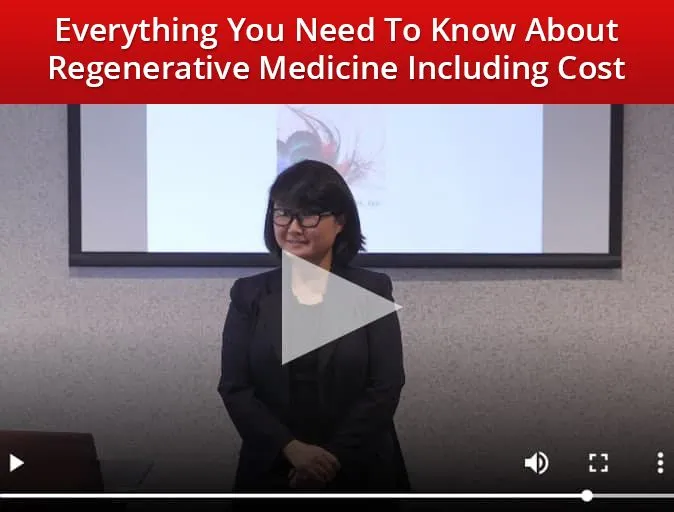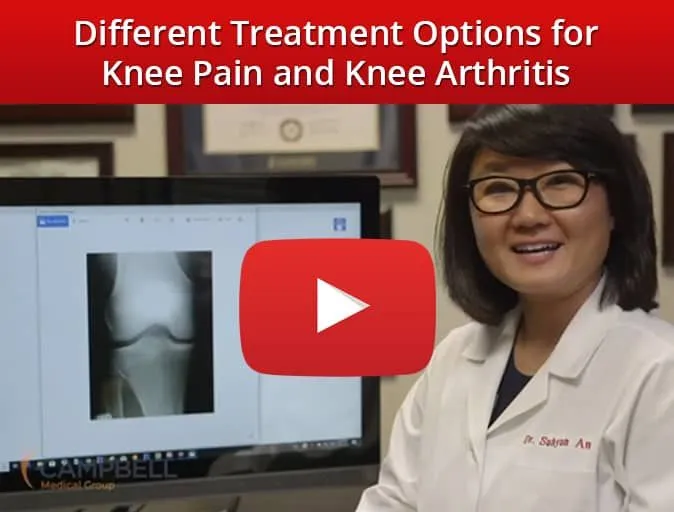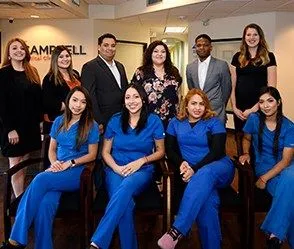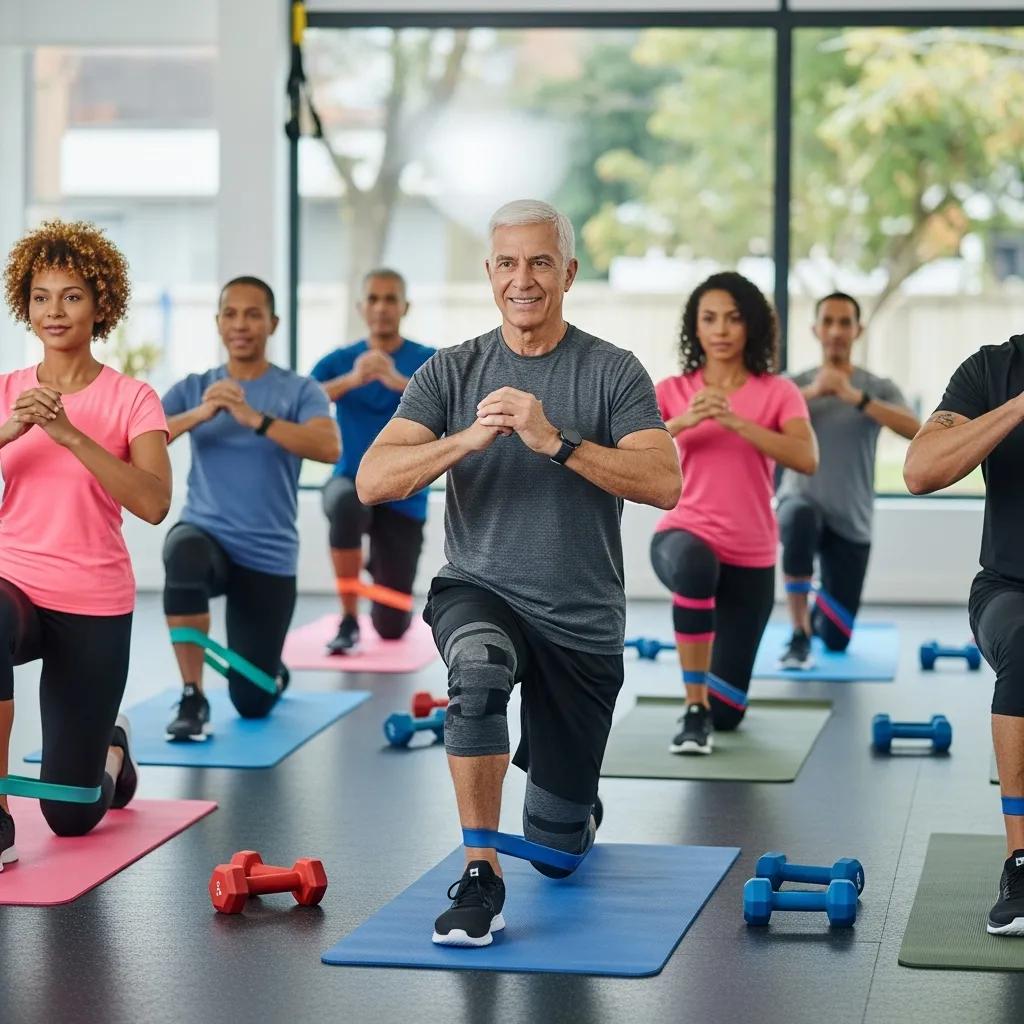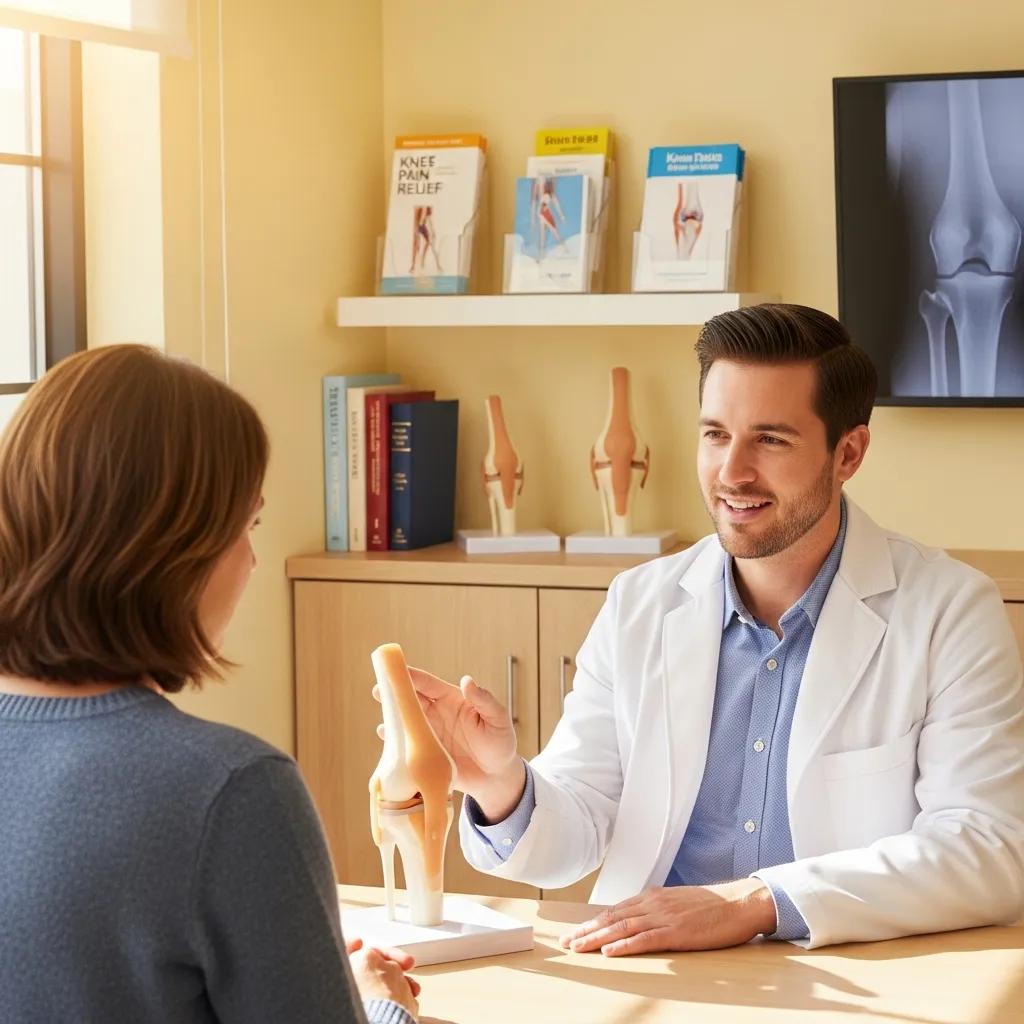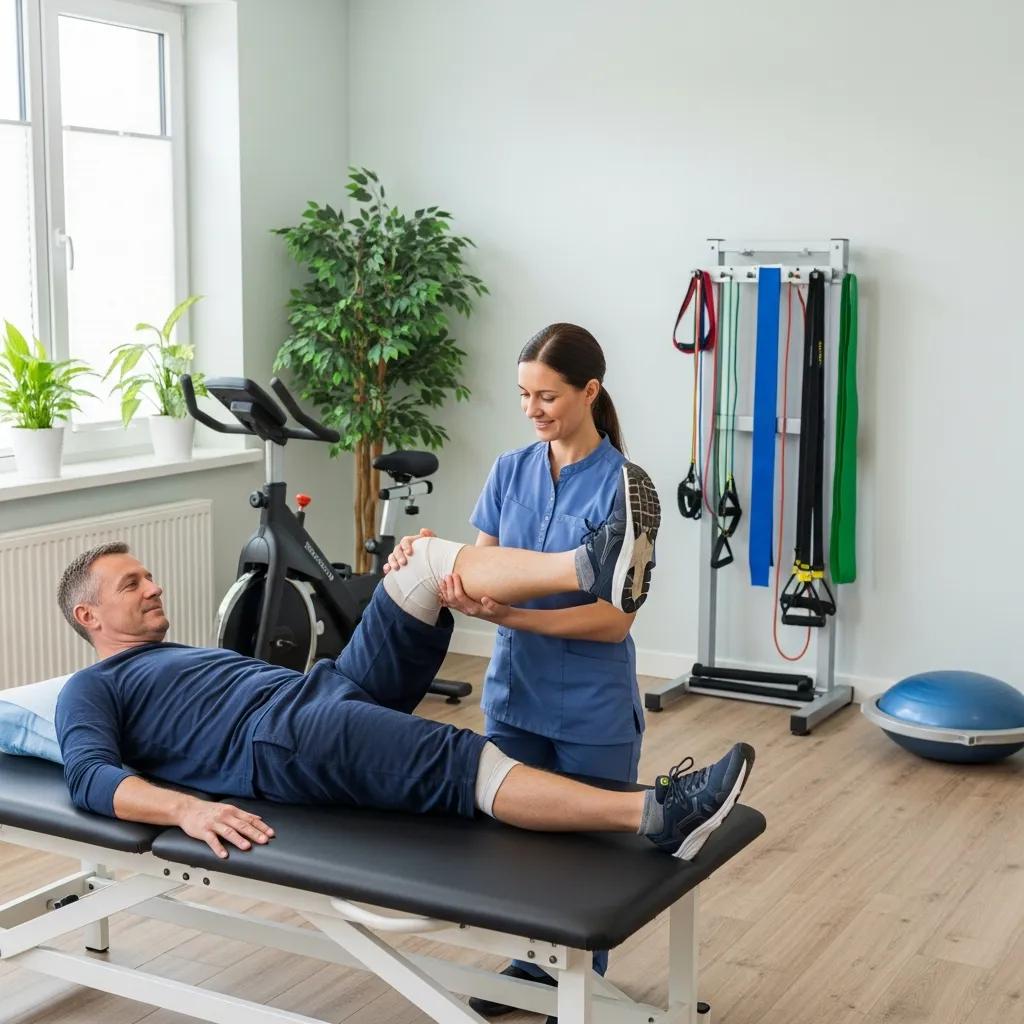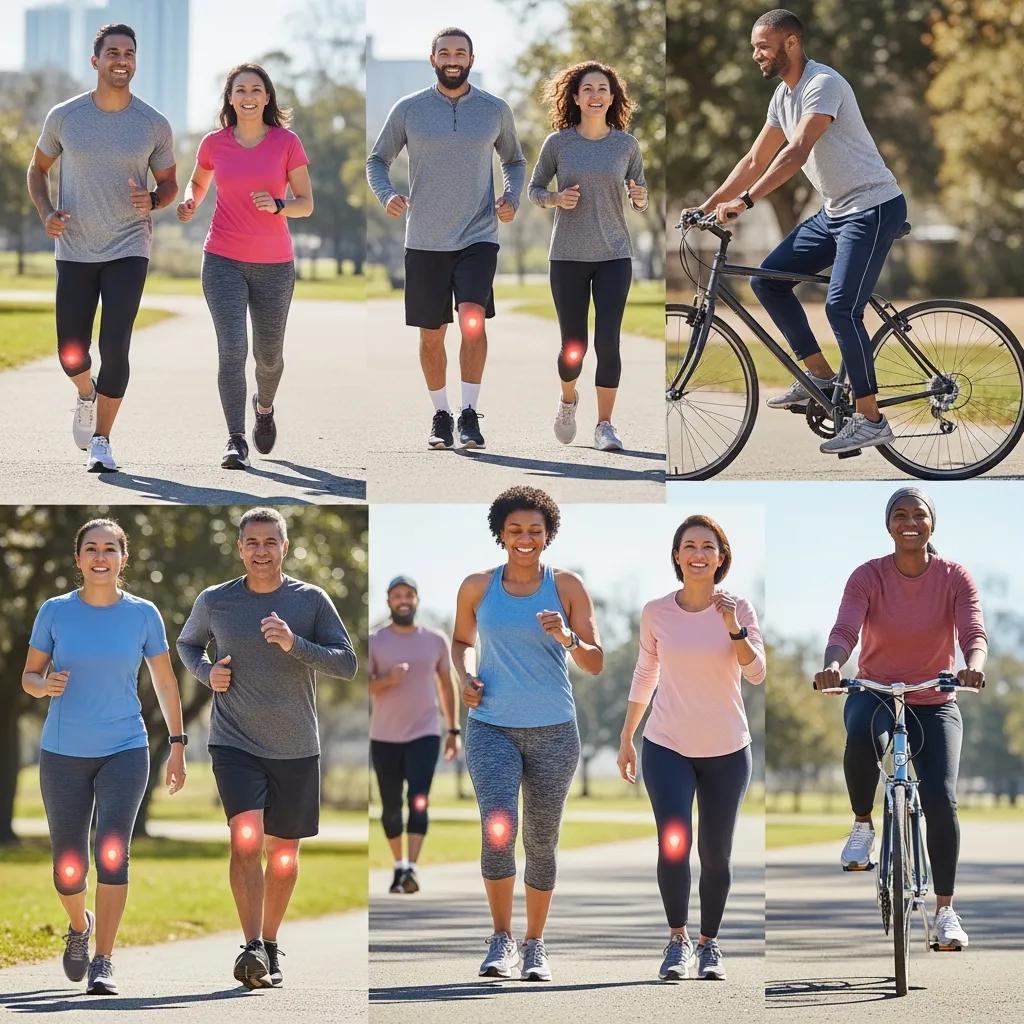Expert Care for Your Sports Injuries in Houston: Faster Recovery, Better Performance
Partnering with dedicated sports injury specialists in Houston means getting an accurate diagnosis, personalized non-surgical treatment plans, and a quicker return to your game. With millions of sports-related injuries occurring each year in the U.S., expert care is crucial to minimize downtime and prevent long-term issues. This guide explores what Houston sports injury experts offer, the key advantages of choosing them, and how they manage common injuries from ACL tears to ankle sprains. We’ll also cover how to assess credentials, utilize telehealth for follow-ups, and connect with local youth sports programs. Additionally, we’ll clarify how Campbell Health Center in Houston, TX, supports overall wellness and pain management, even though they don’t provide sports injury services in Houston.
What Does a Houston Sports Injury Specialist Do?
A Houston sports injury specialist is a physician with advanced training in orthopaedics and sports medicine. They expertly diagnose athletic injuries, develop tailored treatment strategies, and oversee your rehabilitation journey. By combining advanced imaging analysis with thorough functional assessments, these doctors pinpoint tissue damage, identify biomechanical imbalances, and uncover potential risk factors. They work closely with athletic trainers, physical therapists, and nutritionists to create comprehensive recovery plans, prioritizing non-surgical approaches whenever possible.
Who Are Orthopedic Sports Medicine Doctors in Houston?
Orthopedic sports medicine doctors in Houston are highly skilled surgeons and physicians who have completed specialized fellowship training and are certified by the American Board of Orthopaedic Surgery, with additional credentials in sports medicine. Their expertise lies in musculoskeletal anatomy, preserving joint health, and performing minimally invasive procedures. These physicians often collaborate with collegiate and professional sports teams, giving them a deep understanding of the demands of high-level athletics.
What Types of Sports Injuries Do Houston Specialists Treat?
Houston experts are equipped to handle a wide range of acute and overuse injuries affecting athletes of all levels, including:
- ACL tears and meniscus injuries
- Rotator cuff tears and labral tears
- Ankle sprains and Achilles tendinitis
- Hamstring strains and hip labral tears
These specialists utilize diagnostic tools like ultrasound and MRI, along with biomechanical testing, to precisely determine the source of your injury before designing your treatment path.
Why Is Specialized Sports Injury Care Important?
Receiving specialized care ensures your injury is accurately identified, preventing misdiagnosis and avoiding long-term functional limitations. By focusing on the specific movements and demands of your sport, these specialists create rehabilitation programs designed to restore your strength, flexibility, and neuromuscular control. This focused expertise significantly shortens recovery times and reduces the risk of re-injury, allowing you to return to your sport safely and confidently.
What Are the Key Benefits of Choosing Houston Sports Injury Specialists?
Opting for Houston sports injury experts provides five significant advantages: precise diagnostic insights, access to cutting-edge non-surgical therapies, structured rehabilitation programs, valuable injury prevention education, and strong local community support.
How Do Specialists Provide Accurate Diagnosis and Personalized Treatment Plans?
Sports injury specialists in Houston integrate findings from physical examinations, imaging studies, and movement analyses to create individualized care plans. They meticulously assess joint stability, soft-tissue health, and biomechanical alignment before recommending targeted interventions. Your personalized protocol might include modifications to your activity, bracing, or regenerative injections, ensuring that your treatment directly addresses your specific functional needs.
What Advanced Non-Surgical Sports Injury Treatments Are Available in Houston?
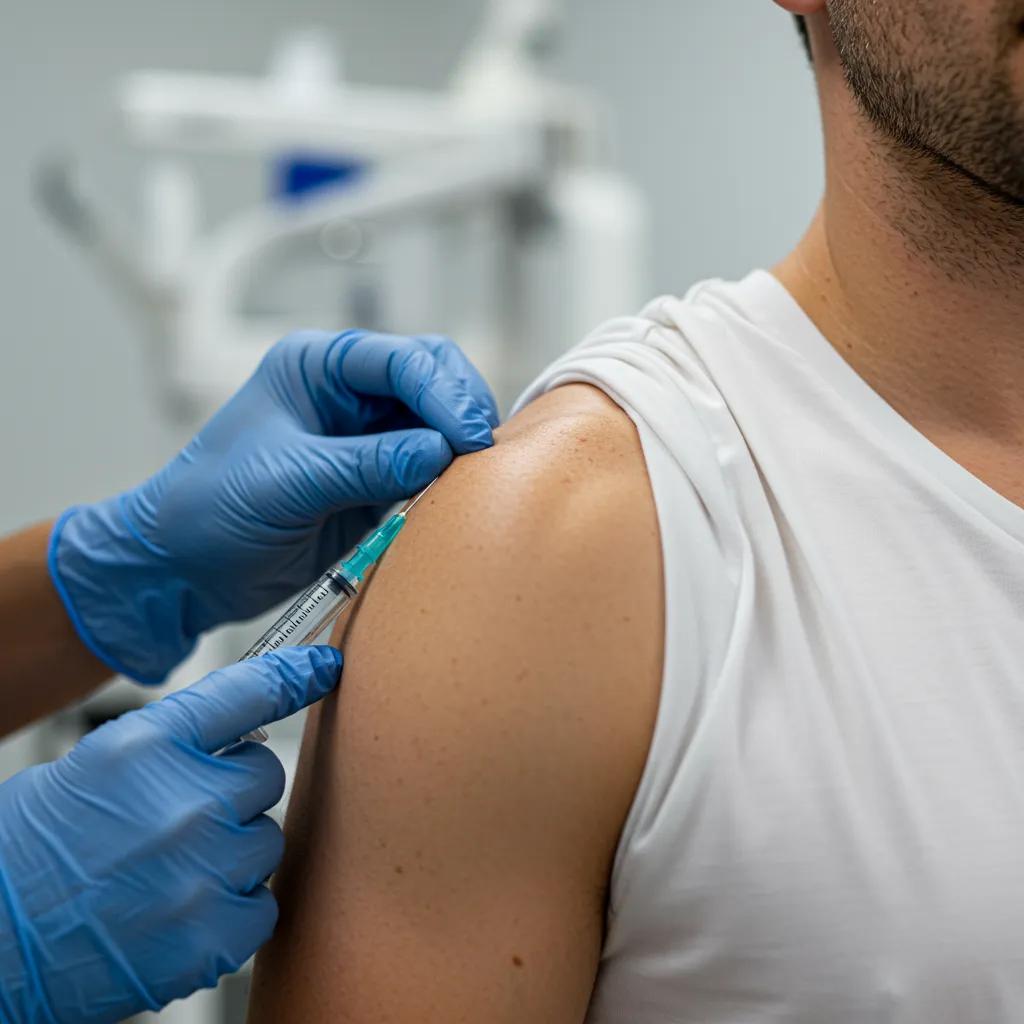
Houston clinics prioritize non-invasive treatments designed to accelerate tissue healing without the need for surgery. Commonly offered therapies include:
- Platelet-rich plasma (PRP) injections to concentrate healing growth factors
- Prolotherapy to help stabilize ligaments and tendons
- Focused extracorporeal shockwave therapy for persistent tendinopathies
- Therapeutic ultrasound and laser treatments for pain relief
These advanced treatments stimulate collagen production and blood vessel growth, effectively reducing inflammation and restoring optimal function.
How Do Houston Specialists Support Comprehensive Rehabilitation and Recovery?
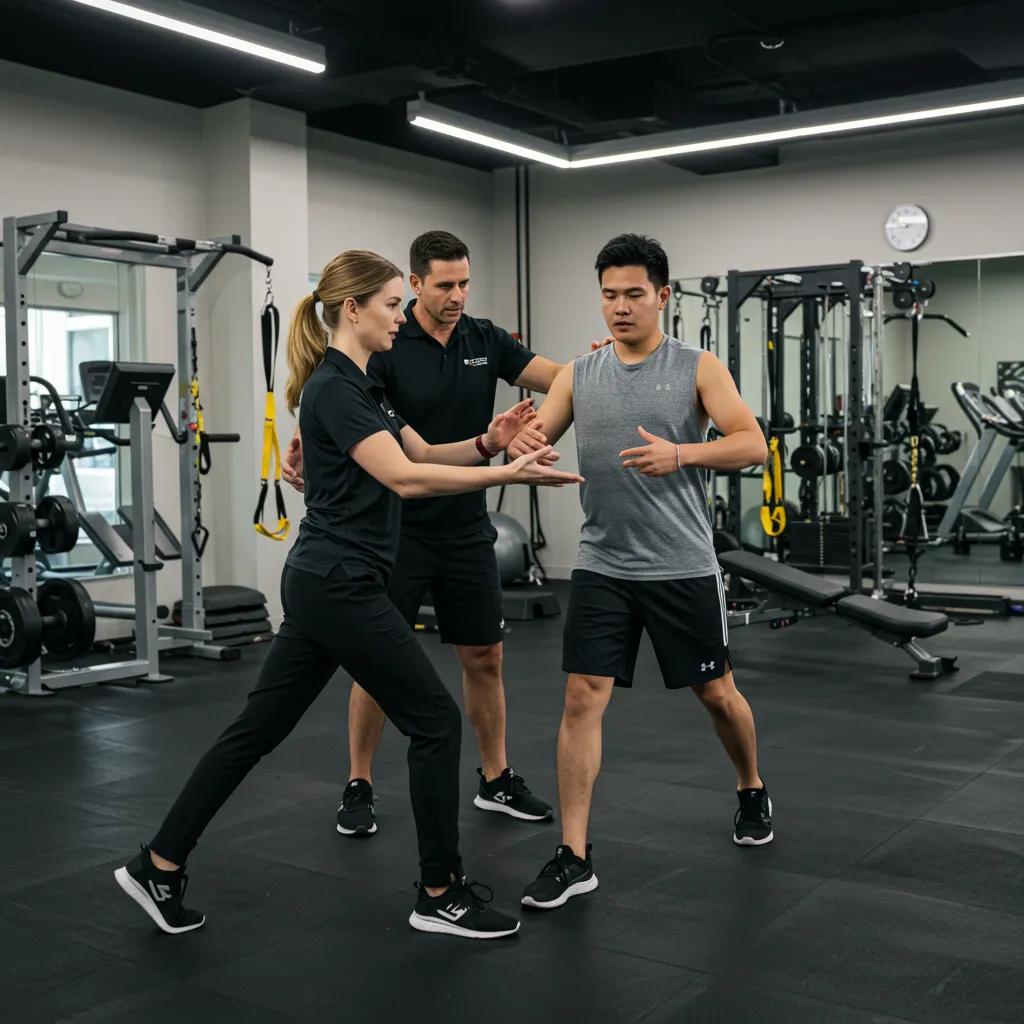
Your rehabilitation program will involve progressive exercises, neuromuscular retraining, and sport-specific drills. Physical therapists work hand-in-hand with physicians to track your progress in strength, joint mobility, and proprioception. Athletic trainers will design agility and plyometric routines that mimic the demands of your sport, ensuring you’re fully prepared for a safe return to competition.
How Do Specialists Help with Injury Prevention and Performance Enhancement?
Specialists conduct conditioning assessments to identify any muscular imbalances or flawed movement patterns. Injury prevention workshops cover essential topics like proper warm-up techniques, safe plyometric progressions, and effective flexibility routines. Performance enhancement services include biomechanical screenings and customized strength and conditioning plans aimed at optimizing your power output while minimizing injury risk.
Why Is Local Expertise and Community Integration Valuable for Houston Athletes?
A deep understanding of Houston’s climate, local sports facilities, and seasonal schedules allows specialists to tailor training and recovery timelines effectively. Strong partnerships with high schools and local sports clubs ensure seamless referrals and readily available on-site medical support during games. This community integration builds trust, enhances communication, and expedites access to comprehensive, multidisciplinary care.
Which Common Sports Injuries Are Treated by Houston Sports Injury Clinics?
Houston sports injury clinics expertly manage a wide array of injuries, focusing on evidence-based, non-surgical care and functional restoration for knee, shoulder, ankle, and tendon issues.
What Are the Symptoms and Treatments for ACL Tears in Houston?
An ACL tear typically involves a distinct popping sensation, immediate swelling, and a feeling of instability during pivoting movements. A diagnostic MRI will confirm the extent of the ligament damage. For partial tears or athletes with lower activity demands, non-surgical management, including bracing and targeted neuromuscular training, may be effective. Complete tears often necessitate ACL reconstruction surgery, followed by a comprehensive six- to nine-month rehabilitation program to ensure a safe return to sport.
Research suggests that non-operative, physiotherapy-led interventions can significantly improve pain and function for individuals with partial ACL tears.
Efficacy of Non-Surgical Management for Partial ACL Tears
The incidence of anterior cruciate ligament (ACL) injuries represents a large burden of knee injuries in both the general and sporting populations, often requiring surgical intervention. Although there is much research on complete ACL tears including outcomes and indications for surgery, little is known about the short- and long-term outcomes of non-operative, physiotherapy led intervention in partial ACL tears. The primary aim of this study was to evaluate studies looking at the effectiveness of physiotherapy led interventions in improving pain and function in young and middle-aged adults with partial ACL tears. Additionally, the secondary aim was to evaluate the completeness of exercise prescription in randomised trials for physiotherapy led interventions in the management in partial ACL tears.
Efficacy of non-surgical management and functional outcomes of partial ACL tears. A systematic review of randomised trials, L Vocale, 2022
How Are Rotator Cuff Injuries Diagnosed and Managed Locally?
Rotator cuff tears often present as shoulder pain during overhead activities and discomfort at night. Clinicians use ultrasound and MRI to assess the size of the tear and the quality of the tendon. Initial treatment typically involves anti-inflammatory measures, exercises to improve scapular stability, and PRP injections for partial tears. Surgical repair is generally considered for tears that cause persistent pain or significantly impair function.
What Non-Surgical Options Exist for Meniscus and Other Knee Injuries?
Non-surgical strategies for managing meniscus tears include:
| Treatment | Mechanism | Benefit |
|---|---|---|
| Physical therapy | Progressive strengthening exercises | Enhances joint stability and function |
| Prolotherapy | Stimulates natural healing processes | Helps reduce chronic degeneration |
| Shockwave therapy | Promotes increased blood flow | Accelerates tissue repair |
Each of these approaches is designed to preserve the natural tissue and potentially delay or avoid the need for partial meniscectomy.
How Are Ankle Sprains and Tendinitis Addressed by Houston Specialists?
Ankle sprains are classified by severity using clinical assessments and ultrasound imaging. Grade I and II sprains are typically managed with immobilization, proprioceptive exercises, and functional taping techniques. For Achilles and peroneal tendinitis, treatments focus on eccentric loading protocols, PRP injections, and extracorporeal shockwave therapy to restore tendon elasticity and alleviate pain.
How Do Houston Sports Injury Specialists Use Non-Surgical Treatments to Enhance Recovery?
Houston experts prioritize non-invasive methods to effectively manage pain, promote tissue regeneration, and accelerate your return to functional activities, all while minimizing surgical risks.
What Role Does Physical Therapy Play in Sports Injury Recovery?
Physical therapy guides athletes through carefully designed progressive loading programs, flexibility exercises, and neuromuscular retraining. Therapists utilize manual techniques, instrument-assisted soft-tissue mobilization, and in-clinic functional assessments to rebuild strength, improve balance, and restore proper joint mechanics. This structured approach helps to optimize muscle activation and reduce compensatory movement patterns.
How Are Regenerative Medicine Techniques Like PRP and Stem Cell Therapy Used?
Regenerative injections involve introducing concentrated autologous growth factors or mesenchymal cells directly to the injury site to encourage collagen formation and new blood vessel growth. PRP is commonly injected into tendon or ligament injuries to promote tissue remodeling. Stem cell therapies are an emerging option for cartilage defects, aiming to stimulate chondrocyte proliferation. These advanced protocols serve as a bridge between conservative care and surgical intervention.
When Is Chiropractic Care or Sports Massage Recommended?
Chiropractic adjustments can help realign spinal and joint mechanics, optimizing neuromuscular coordination. Sports massage is effective in addressing myofascial restrictions, improving circulation, and relieving muscle tension. Both of these modalities can complement your active rehabilitation, enhancing mobility and reducing discomfort during the healing process.
How Does Telehealth Support Houston Sports Injury Patients?
Telehealth consultations offer a convenient way to conduct initial assessments, follow-up appointments, and monitor your home exercise program. Virtual visits ensure continuity of care, especially when you’re traveling or during inclement weather, allowing specialists to adjust your plan, review movement analyses, and provide real-time feedback on your exercise technique.
What Should You Look for When Choosing the Best Sports Injury Doctor in Houston?
When selecting a leading sports injury physician, it’s essential to verify their board certification, fellowship training, and commitment to a collaborative care model involving rehabilitation specialists.
Which Qualifications and Certifications Are Essential for Houston Specialists?
Look for physicians who are certified by the American Board of Orthopaedic Surgery, have completed a sports medicine fellowship, and are members of the American Medical Society for Sports Medicine. These credentials confirm extensive training in injury management and adherence to evidence-based treatment protocols.
How Does a Multidisciplinary Team Improve Sports Injury Care?
A multidisciplinary team brings together surgeons, physical therapists, athletic trainers, nutritionists, and pain management specialists. This comprehensive approach ensures that every aspect of your recovery, from surgical planning to nutritional support, is addressed, leading to fewer complications and better functional outcomes.
Where Can You Find Patient Testimonials and Success Stories in Houston?
Clinics often feature anonymized case studies of athletes, detailing their pre-injury condition, treatment journey, and post-recovery performance achievements. These success stories build confidence in the specialist’s ability to guide athletes through even the most complex rehabilitation pathways.
How Does Choosing a Houston Sports Injury Clinic Improve Your Return to Sport?
Dedicated return-to-play programs and continuous progress monitoring by Houston specialists are key to achieving a safe and high-performance comeback.
What Are Return-to-Play Programs Offered by Houston Specialists?
Return-to-play programs utilize objective benchmarks—such as strength ratios, hop test results, and movement quality assessments—to determine your readiness. Graduated sport-specific drills and reaction exercises ensure you meet performance standards before receiving full clearance.
How Do Specialists Monitor Progress and Prevent Re-Injury?
Regular functional assessments track strength symmetry, joint range of motion, and neuromuscular control. Ongoing strategies include conditioning sessions, educational refreshers on load management, and periodic imaging reviews to identify any early signs of tissue stress.
What Performance Enhancement Services Support Athletic Goals?
Performance services encompass biomechanics analysis, personalized nutrition planning, and advanced plyometric training protocols. Specialists use data from force plates and video analysis to refine your running gait, jumping technique, and agility, translating injury prevention strategies into tangible performance improvements.
How Does Local Houston Sports Medicine Expertise Benefit Youth and Amateur Athletes?
Youth and amateur athletes benefit from tailored interventions that address growth-related vulnerabilities and promote lifelong musculoskeletal health.
Why Is Pediatric Sports Injury Care Important in Houston?
Children are particularly susceptible to growth-plate injuries and overuse conditions. Pediatric sports medicine providers use age-appropriate diagnostic methods and conservative treatments to ensure developing tissues heal properly without impacting skeletal maturation.
How Do Specialists Collaborate with Local Schools and Sports Teams?
Specialists partner with school athletic directors to provide on-site screenings, develop emergency action plans, and conduct educational seminars. This collaboration facilitates early intervention, minimizing time lost to injury and promoting safe participation in sports.
What Injury Prevention Programs Are Available for Young Athletes?
Community programs offer workshops covering dynamic warm-ups, fundamental strength and conditioning principles, and proper footwear selection. These initiatives equip young athletes with the knowledge and skills to reduce risk factors and build essential movement foundations for long-term athletic development.
Campbell Health Center’s Approach to Pain and Wellness
Campbell Health Center in Houston, TX, focuses on family medicine, hormone optimization, IV therapy, weight management, and medical aesthetics to enhance overall health. While not specializing in Houston sports medicine, the clinic’s comprehensive wellness services, including IV nutrient infusions for inflammation reduction and personalized hormone balancing, can effectively complement general pain management and bolster systemic resilience for active individuals.
Integrative Wellness Services for Active Lifestyles
By optimizing hormonal profiles and addressing nutritional deficiencies, Campbell Health Center can significantly improve energy levels, reduce markers of chronic pain, and enhance your body’s recovery capacity. These supportive therapies establish a robust health foundation for anyone seeking non-surgical relief from joint or neuropathic pain.
For athletes traveling through Houston, Campbell Health Center’s personalized wellness programs offer a valuable way to maintain peak condition between visits with Houston-based specialists, reinforcing holistic recovery and performance.
Choosing specialized Houston sports injury practitioners ensures expert orthopaedic evaluation, advanced non-surgical treatments, and community-focused rehabilitation that accelerates your safe return to sport. For broader pain management needs beyond sports injuries, Campbell Health Center’s comprehensive wellness solutions in Houston provide personalized support to optimize your health and recovery potential.
For athletes experiencing mild instability with an acutely injured ACL, conservative treatment may be a successful approach, even if MRI shows fiber disruption.
Non-Operative Treatment for Mild ACL Instability
This study examined whether or not conservative treatment of an acutely injured anterior cruciate ligament (ACL) could be successful in a select group of patients. Routine ACL reconstruction surgery in all acute ACL-injured patients should be avoided. We hypothesize that acutely injured ACL with mild instability at the initial physical examination could be improved even if there is disruption of ACL fibers on magnetic resonance images (MRI).
Non-operative treatment of ACL rupture with mild instability, 2010
Frequently Asked Questions
What should I expect during my first visit to a Houston sports injury specialist?
During your initial consultation, the sports injury specialist will conduct a comprehensive evaluation, which includes a detailed medical history and a physical examination. They may also utilize diagnostic imaging, such as X-rays or MRIs, to assess the extent of your injury. Based on their findings, they will discuss potential treatment options tailored to your specific needs. This visit is crucial for establishing a personalized recovery plan and setting realistic expectations for your rehabilitation journey.
How long does recovery typically take for common sports injuries?
Recovery times for sports injuries can vary significantly based on the type and severity of the injury, as well as individual factors like age and overall health. For instance, mild ankle sprains may heal within a few weeks, while more severe injuries, such as ACL tears, can take six to nine months for full recovery. Your sports injury specialist will provide a more accurate timeline based on your specific diagnosis and treatment plan, ensuring you understand the steps needed for a safe return to your sport.
Are there specific rehabilitation exercises I should do at home?
Yes, your sports injury specialist or physical therapist will likely provide you with a tailored home exercise program designed to enhance your recovery. These exercises may focus on improving strength, flexibility, and stability, depending on your injury. It’s essential to follow these guidelines closely to ensure optimal healing and prevent re-injury. Regular communication with your healthcare team will help adjust your program as you progress through your rehabilitation.
What role does nutrition play in sports injury recovery?
Nutrition is a critical component of sports injury recovery, as it provides the necessary nutrients for tissue repair and overall health. A balanced diet rich in proteins, vitamins, and minerals can help reduce inflammation and promote healing. Hydration is also vital for maintaining joint health and supporting recovery. Consulting with a nutritionist who specializes in sports medicine can help you develop a dietary plan that complements your rehabilitation efforts and enhances your recovery process.
Can I continue to play sports while recovering from an injury?
Whether you can continue playing sports during recovery depends on the nature and severity of your injury. In some cases, modified activity or cross-training may be possible, allowing you to maintain fitness without exacerbating your injury. Your sports injury specialist will assess your condition and provide guidance on safe participation levels. It’s crucial to prioritize healing and follow their recommendations to avoid setbacks in your recovery.
What are the signs that I should seek immediate medical attention for a sports injury?
Seek immediate medical attention if you experience severe pain, significant swelling, inability to bear weight on the affected area, or a noticeable deformity. Other concerning signs include persistent numbness or tingling, a popping sound at the time of injury, or if symptoms worsen despite rest and home care. Early intervention can prevent complications and ensure a more effective recovery process.
How can I prevent future sports injuries?
Preventing future sports injuries involves a combination of proper training, conditioning, and awareness of your body’s limits. Incorporating strength training, flexibility exercises, and sport-specific drills can enhance your physical resilience. Additionally, practicing proper warm-up and cool-down routines, using appropriate equipment, and listening to your body are essential strategies. Regular check-ins with a sports injury specialist can also help identify potential risk factors and implement preventive measures tailored to your needs.

